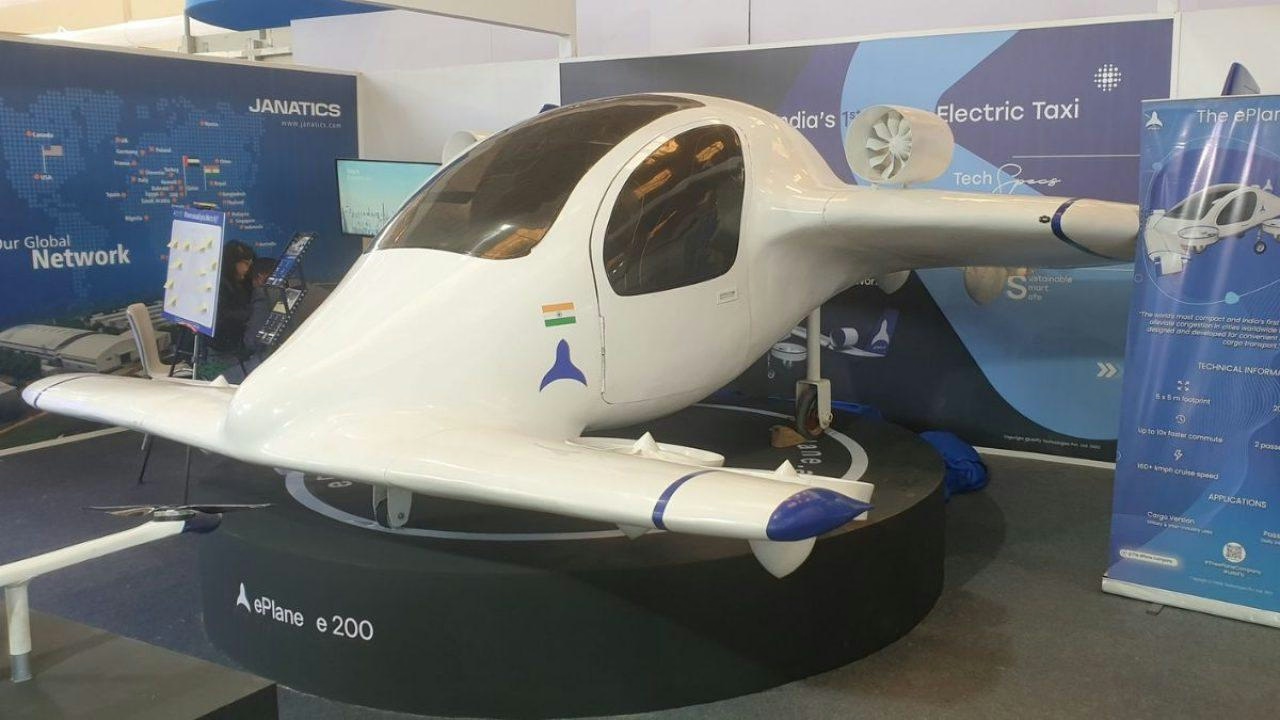AeroGenie — Seu Copiloto Inteligente.
Tendências
Categories
Challenges in the Aviation Supply Chain

Challenges in the Aviation Supply Chain
The global aviation industry is currently confronting significant challenges within its supply chain, driven by a confluence of economic pressures, geopolitical uncertainties, and the imperative for strategic transformation. In response, the International Air Transport Association (IATA) is actively collaborating with a broad spectrum of stakeholders—including airlines, original equipment manufacturers (OEMs), lessors, maintenance, repair and overhaul (MRO) providers, parts distributors, and regulatory bodies—to enhance resilience and operational efficiency across the sector.
Expanding Materials Capacity and Repairability
A central focus for IATA is addressing the persistent supply–demand imbalances that constrain fleet operations worldwide. To this end, initiatives are underway to improve access to Used Serviceable Materials (USMs), Parts Manufacturer Approvals (PMAs), and additional approved repair instructions facilitated by design regulation approvals such as Part 21. These measures are intended to reduce lead times for spare parts and accelerate repair turnaround, thereby minimizing aircraft downtime. Complementary efforts include the development of standardized parts quarantine procedures aimed at preventing unnecessary stock depletion, alongside the implementation of electronic Notification to Captain (e-NOTOC) systems to streamline logistics processes.
Industry participants are also taking strategic steps to reinforce supply chain resilience. For instance, Safran Seats has announced the relocation of its production facilities to the United Arab Emirates under an agreement with Emirates. This move is designed to meet increasing demand while mitigating the risks associated with supply chain disruptions.
Opening Up Aftermarket Services and Supporting Fair Competition
The aftermarket MRO sector has traditionally been dominated by OEMs, a dynamic that can restrict airline options and elevate costs. IATA is advocating for a more open and competitive environment by promoting broader access to approved Part 145 MRO providers beyond those licensed exclusively by OEMs. The association endorses best practices such as independent repair programs and the utilization of approved alternative parts. It also supports established frameworks including the Boeing Product Support Assurance Agreement (PSAA), Airbus Supplier Support Conditions (SSC), the IATA–Rolls-Royce Statement of Best Practices, and regulatory provisions from EASA and the FAA concerning access to Instructions for Continued Airworthiness (ICA).
A significant development in this area is the IATA–CFMI Agreement on Engine Maintenance, which safeguards warranties even when airlines employ non-OEM parts and repairs, while granting independent MRO providers equitable access to repair manuals. IATA is encouraging other engine and equipment OEMs to adopt similar standards to further strengthen supply chain resilience and foster fair competition.
Improving Forecasting and Data Visibility
Robust, data-driven decision-making is essential to building a resilient aviation supply chain. IATA is currently assessing platform projects designed to facilitate access to supply chain metrics and benchmarking data, which would benefit airlines willing to share anonymized information. Platforms such as the IATA MRO SmartHub are being considered as potential hosts for these initiatives, enabling improved forecasting of material requirements by connecting airlines and suppliers through shared planning data.
Concurrently, technology providers including Trax and Aeroxchange are advancing their integration capabilities to enhance connectivity and expand supply chain options for industry stakeholders, thereby supporting more agile and responsive operations.
Navigating Economic and Political Uncertainty
Despite these concerted efforts, the aviation industry continues to face complex economic and political challenges, including margin pressures and the impact of tariffs. In this context, strategic transformation and collaborative engagement across the supply chain remain vital as the sector adapts to evolving conditions, striving to maintain operational continuity and competitiveness in an increasingly uncertain environment.

Archer Aviation Partners with NVIDIA to Advance Aviation AI Technology

Chennai Startup to Develop India’s First Electric Air Taxi

Factors Positioning Airbus for Leadership in 2026

Emirates Unveils Cabin Design for New Boeing 777X

Eighteen Years On, the Airbus A380 Remains Central to a $34 Billion Airline

How a boom in luxury airline seats is slowing down jet deliveries

Navitaire Outage Attributed to Planned Maintenance

AI, VR, and Data Transform Pilot Training by 2026

Airbus Plans Record Delivery of 870 Aircraft in 2026

DigiYatra Debuts Outside Aviation at India AI Impact Summit
